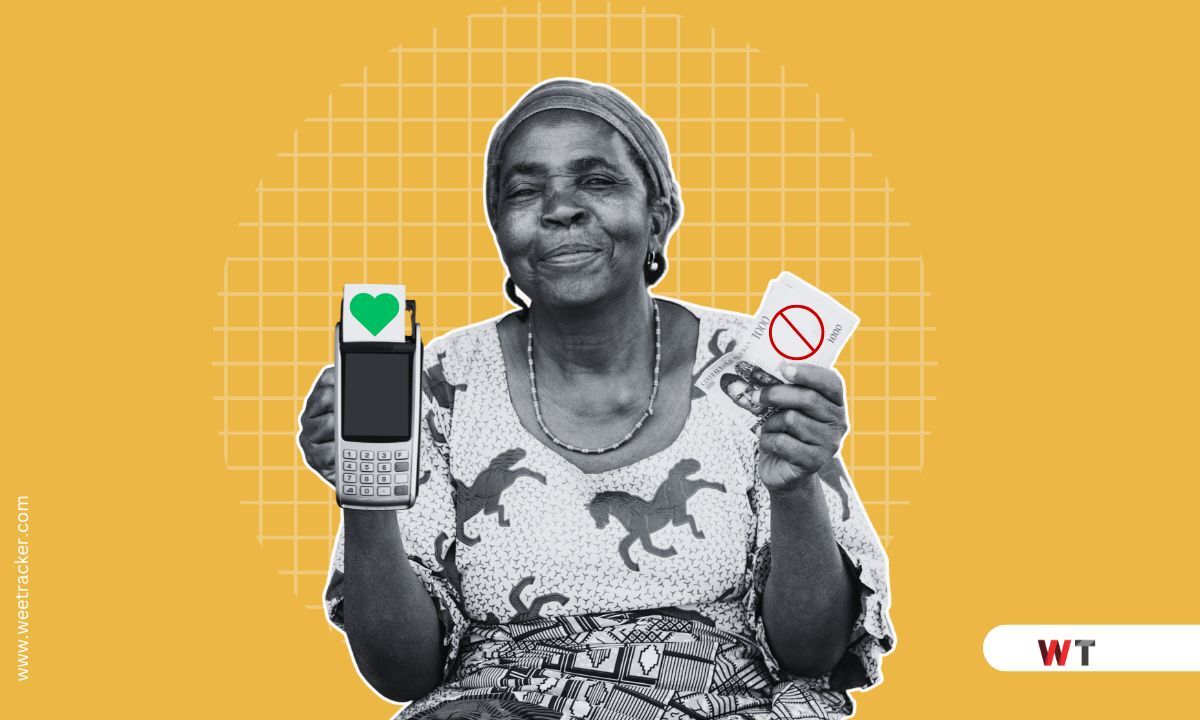Not long ago, Point-of-Sale (POS) agents were hailed as a revolutionary force reshaping Nigeria’s cash economy. These so-called POS agents (Nigeria's answer to what is known as mobile money agents across sub-Saharan Africa), stationed at street corners and market stalls, offered millions of Nigerians access to cash and select banking services in a country where traditional banks have long struggled to serve the masses. But what was once a love affair has soured.
"I need the CBN to destroy this business of POS. Bring back ATMs," Fakhrriyyah Hashim, a notable Nigerian activist, posted on X (formerly Twitter) earlier this month, sparking a torrent of reactions criticising the failure of banks to sufficiently facilitate cash withdrawals at ATMs and banking halls, leaving many at the whims of the cash stevedore cottage industry.
"It’s so bad that airports don’t have ATMs, not at malls, nowhere. I hardly ever pay cash yet the level of disorganisation this projects — We are living with the realities of many failures and that’s what this proliferation is. Like why do I need to interface with a third party I’m buying nothing from, I don’t want to do that," she vented in a post that garnered 2.5 million views and drew an ocean of pointed takes.
This recent deluge of complaints reignited debates about the increasingly domineering role of POS agents, with users decrying exorbitant fees, limited cash availability, and alleged collusion with banks. “They’re supposed to help, but now they exploit,” wrote one frustrated commenter, echoing a sentiment that has become alarmingly common.
So, how did Nigeria fall out of love with the very agents it once counted on?
The POS Revolution: From Saviour to Scapegoat
The rise of POS agents in Nigeria has been meteoric and there are now around 2 million of them. Introduced to bridge the country’s vast financial inclusion gap, they became a vital cog in Nigeria’s financial ecosystem. Yet, while originally intended as a supplement in underserved communities, POS agents have risen to become primary characters even in areas with heavy bank presence as ATMs perenially run dry and banking halls impose strict caps.
Keen to keep costs low and profits high, Nigerian banks keep a trimmed branch and ATM network strategically favouring the highest-traffic urban zones, typically. However, this lean banking infrastructure has proven insufficient even in the core cities, let alone far-flung townships. Nigeria has around 4 bank branches and 16 ATMs per 100,000 adults, per the World Bank, well below the global average and behind economic rivals on the continent.
